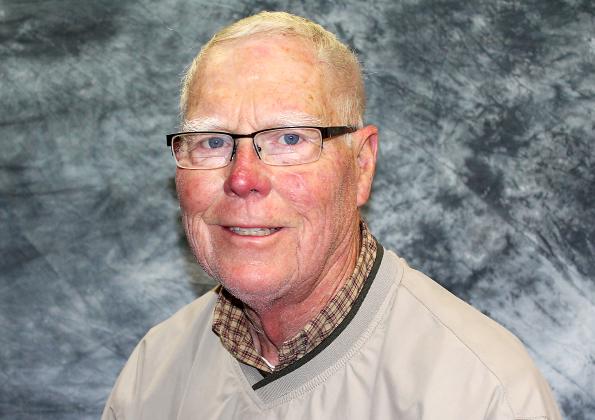As our home’s collection box for recyclables seems to fill faster every week I begin to wonder when we’re going to be asked to recycle everything. That question was reinforced recently when a New York Times story written by Catrin Einhorn emphasized my concern.
We warn you. Her subject title may seem somewhat risqué. The title: “’Peecyclers”’ Don’t Waste It”.
Her story was concerned about increased fertilizer prices and the high environment costs for agriculture. Also cited were contamination from inadequate community and private waste water structures, climate change issues etc.
The peecycling movement started over seven years ago when a nonprofit group Rich Earth led a seminar stating human urine holds the same nutrients plants need to flourish. A Vermont husband after attending the information session came home with a jug and funnel. Later to what his wife admitted were a few “sloshy” collections, she and her hubby graduated from dropping off a couple of containers every week at an organizer’s house to installing their own large tanks professionally pumped out.
Today the Rich Institute collects the urine from 200 volunteers in Vermont for research and application on a few local farms. Every spring in the surrounding hills, a truck with license plate reading “P4Farms” delivers the pasteurized goods. A hay farmer who applied the urine sees strong results on his hay fields.
Several major US universities, as well as across the Atlantic in Niger, are working with product improvements in a concentrated form of the product.
In our viewpoint, I think it will be awhile before we will need a holding tank in home. We vowed years ago when four males were in the household it was tough enough to keep the bathroom floor clean around the stool, let alone in a future challenge of hitting a gallon jug.
As far as Hamilton County farmers are concerned, we questioned one . . . and he’s still laughing, trying to visualize how many jugs of urine and the time it would take to cover his 1,000-plus acres of corn.
Meanwhile, back in Vermont Lucy says she’s still feeling the pang of regret when she uses a regular toilet. “We make this amazing fertilizer with our bodies and then flush it away with gallons of another precious resource – water.
RL Furse is publisher emeritus of the News-Register
Might we be flushing away two precious resources?
Image
Body





